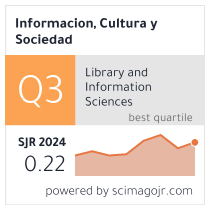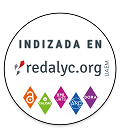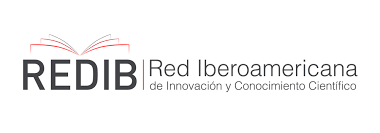Information and Uncertainty in Lives With HIV: Ethnographic Study With People With HIV in Lima, Perú
Abstract
HIV infection defines particular ways of information management among people affected by this health condition. This article presents the results of a study aimed to determine how the information needs and information-seeking behaviours are generated and expressed in a sample of people with HIV from Lima, Peru, essaying an ethnographic, interpretative approach to explore the role of different forms of uncertainty present in different moments of their lives. The results inform an explanatory theoretical model which establish a continuum with a base formed by people’s multiple experiences of uncertainty, from where some specific information needs emerge. Depending of the people’s stages in their life trajectories with HIV and several socio-cultural factors, some information needs can be expressed as information-seeking behaviours. The study’s findings support an analysis approach based in human experiences, social relationships, contextual elements and life trajectories which define information flows. In that sense, this approach has some implications for theory, social research, and professional practice in Information Science.Downloads
Authors publishing in this journal acknowledge the conditions below:
- Authors retain the copyright of their work while they transfer the right of the first publishing to the journal, under the Creative Commons Attribution-ShareAlike 4.0 International (CC BY-SA 4.0) Licence, which allows third parties to reproduce them under the condition that express mention is given to the author and to its original publication in the journal.
- Authors may enter into other contractual and independent arrangements for the non-exclusive distribution of the version of the article published in this journal (for instance, it can be published in an institutional repository or in a book). In any case, an express mention should be given to its first publication in the journal.
- It is permitted and encouraged to publish online the articles (for example, on institutional or personal pages).

























